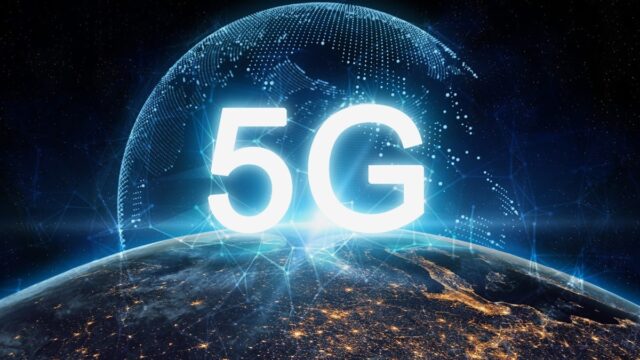Do you remember when it took ages to play a video on your phone? The new generation of 5G technology is here to give us faster speeds than ever, and more reliable connections in smartphones and other devices. According to the latest research, the 5G network will be able to offer connections that will be far better than the existing ones. Here are the advantages and the disadvantages of 5G networks.
1. Speed
According to the World Economic Forum (WEF), the download speeds are estimated to be 100 to 1,000 times faster than 4G. You can download a high definition (HD) movie in less than a second. 5G is designed for a world where tens of billions of devices depend on their constant internet connection, which may explain a lot. 5G will be extremely fast, very stable, and very versatile as it will support even more concurrent users and devices, offering speeds much higher than those of 4G. So, people can have endless fun like in an online casino Finland where they enjoy themselves 24/7.
2.Low Latency
Latency is a type of delay, and it refers to the delays when transferring or processing data. With 5G, it won’t take much time to check network availability from our phone and get an answer. Many people may seem not important enough but imagine if a surgeon could use a virtual reality (VR) headset to operate on someone remotely, in a completely different location somewhere else in the world, how many more lives could be saved.
Although, there are a few disadvantages for this incredible technology. The 5G network range will be much smaller than its predecessors, which means that more mobile phone pylons are needed. Also, no one knows the impact these pylons will have on our health since it’s all so new. In addition, it’s said that 5G will make issues such as data breaches and state-sponsored surveillance much easier. As EU countries grapple with the idea of using 5G, the obvious question here is whether connectivity at breakneck speed is worth the risk.


